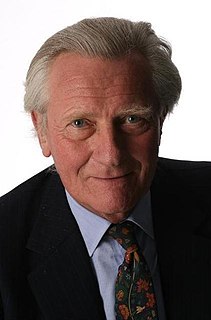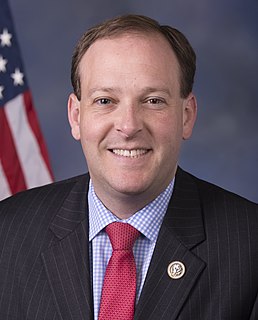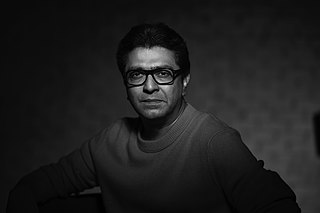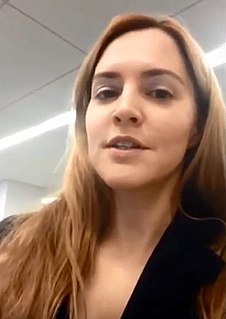A Quote by Michael Heseltine
It is the only time that I can ever remember the Prime Minister reading out the conclusions of a meeting that did not take place. They were already written before it started.
Related Quotes
I was a very senior minister in the Howard government and I sat around this particular table [in the prime ministerial office] in many discussions. The difference between being a senior minister and the prime minister is that ultimately the buck does stop with the prime minister and in the end the prime minister has to make those critical judgement calls and that's the big difference.
There are some issues where ministers should come and talk to the prime minister, if the prime minister hasn't already talked to them. Any issue which a minister thinks is going to be profoundly controversial, where we do not have a clear existing position, it is important that there be a conversation between the minister and the prime minister. I think they all understand that and I think it is working very well.
Prime ministers come and go, but so long as he or she lives, the sovereign remains, receiving and reading all state papers and meeting once a week with the prime minister to advise, enquire, and comment - sometimes sharply, as was the case with Queen Elizabeth II and Mrs. Thatcher - on affairs of state.
In our party, for the post of the prime minister or chief minister, there is no race, and nor does anyone stake their claim. Who will be the prime minister or chief minister, either our parliamentary board decides on this or the elected MLAs, in the case of chief minister, and MPs, in the case of the prime minister, select their leader.
I'll tell you whose view on [Bashar] Assad is the same as mine. It's Prime Minister [Benjamin] Netanyahu. Prime Minister Netanyahu has said Israel doesn't have a dog in that fight because Assad is a puppet of Iran, a Shia radical Islamic terrorist, but at the same time, Prime Minister Netanyahu doesn't want to see Syria governed by ISIS.
I was organizing a fringe meeting at the Conservative Party conference in October 1994 and I got a message that the Prime Minister would like a meeting. I went to the meeting. It was just me and John Major.What Major said to me was this: "If you were in my shoes, what would you do?". He wasn't asking me what a unionist should do, but what he should do. And I knew that I had to give him a sensible answer.































